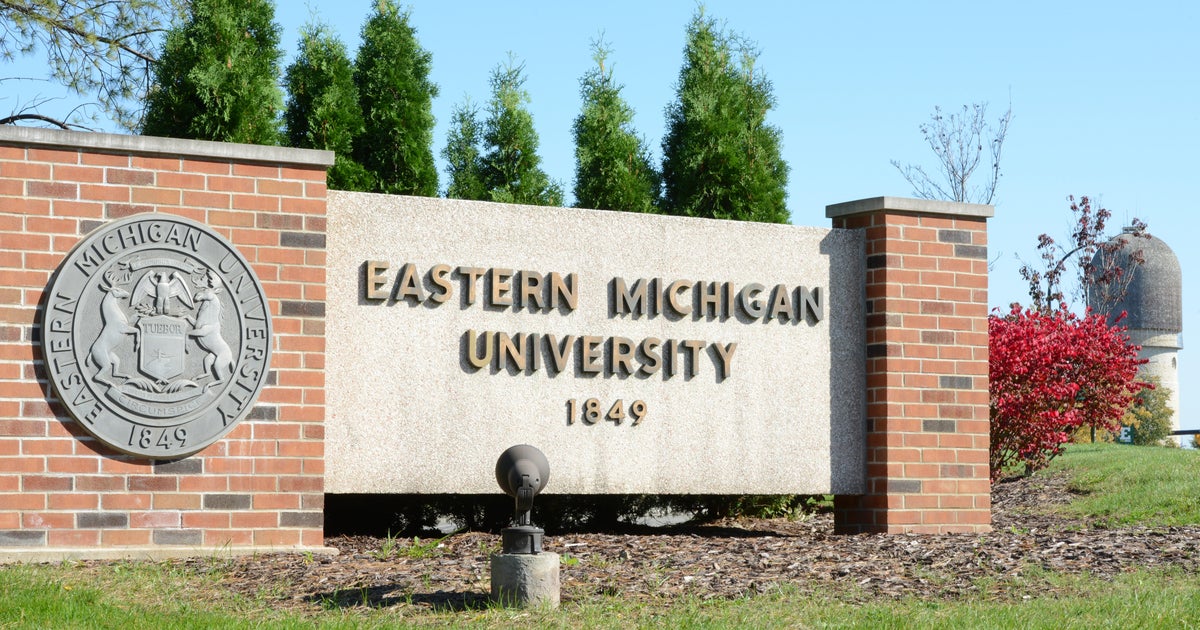In the wake of an election cycle full of divisive misinformation, many families will sit around the Thanksgiving table with loved ones who maybe not face to face. In North Salem, New York, a seventh-grade media literacy class prepared for that challenge by learning how to have difficult but empathetic conversations.
“One of the most important things to know about media literacy education is that it is not biased,” Cynthia Sandler, who teaches the class, told CBS News. “It’s about asking questions. It’s about critical thinking. It’s about teaching students and people how to think and not what to think.”
There is a growing desire for media literacy classes like Sandler’s across the country. According to a 2023 report from Media Literacy Now, 19 states have added some type of media literacy standard to their education requirements over the past fifteen years. The report shows that at least seven other states have pending legislation on the subject, including New York, home to the nation’s largest public school district.
Learn how to have productive conversations
The week before Thanksgiving, Sandler’s students role-played scenarios such as how to have a productive discussion with someone who doesn’t believe the truth and how to tell the difference between fact and opinion.
“Facts can be proven, for example, pumpkin pie has less sugar and apple pie has more nutritional value,” said one student, after acting out an argument about which type of pie is best.
In a second group, a student said that the Macy’s Thanksgiving Day Parade – a New York City tradition that started in 1924 – took place this year in Florida. Her scene partner helped her determine that the website showing the incorrect location was satirical.
“Satire can be a form of saying a joke,” the student explained. ‘But satire can be dangerous because some people fall for it. Like you went and bought plane tickets to Florida.”
Although the topic is not as intense as a political debate, the skills students learn are easily transferable. Sandler uses an acronym for the method: CARE
Connect: Empathy and relating
To ask: Ask without attacking
Research: Share your insights
To raise: Offer ways to verify information
Sandler believes this training is invaluable, not just for her students, but for everyone.
“Classrooms are a microcosm of society,” she said. “What we can simulate in a classroom – listening, asking questions, talking to each other, respecting each other – that is what is possible in society.”
Wrong information confused with information
Recent studies show that the need for these types of lessons is growing.
In May 2024, the News Literacy Project surveyed 1,110 teens between the ages of 13 and 18 in the US about their media diet and literacy. Eighty percent of responding teens said they regularly see conspiracy theories online. Of that group, 80% self-reported that they believed at least one. These conspiracy theories range from the Earth being flat to government officials actually being “lizard people.”
In addition to these alarming statistics, most students had difficulty correctly reading media in general. More than half of students couldn’t tell the difference between branded content and reported articles and didn’t realize that an opinion piece was based on opinions and not facts.
“We’ve always talked about media in relation to books. English teachers will talk about, ‘Here’s a book, and this is the context in which it was written,'” Sandler said. “We don’t have the skills for what’s happening on social media. We don’t have the skills for the flurry of activity on different websites… different channels.”
Students also learn how to share what they have learned with the adults in their lives. In North Salem, Sandler said parents said they would like to receive this training.
“We’re working with a citizenry that doesn’t know what to believe,” Sandler said.
“Disinformation is confused with information. And eventually you can get to the point where no one knows what to trust, and no one trusts anything, and that’s a terrible place. That’s a terrible place to be in a democracy, that’s a terrible place to be. as a person.”
An integral part of American education
It’s not just teachers and parents who see the need for these lessons. In that same News Literacy Project survey, 94% of teens said they wanted media literacy classes, but only 39% said they had taken one.
The NLP works with schools to help them incorporate some form of media literacy into their curriculum. Some schools have created special media literacy classes, such as in North Salem. Others integrate elements of media literacy into their subjects, such as science and social studies.
“We must ensure that every student learns these skills and abilities before he or she graduates,” said Charles Salter, president and CEO of NLP.






